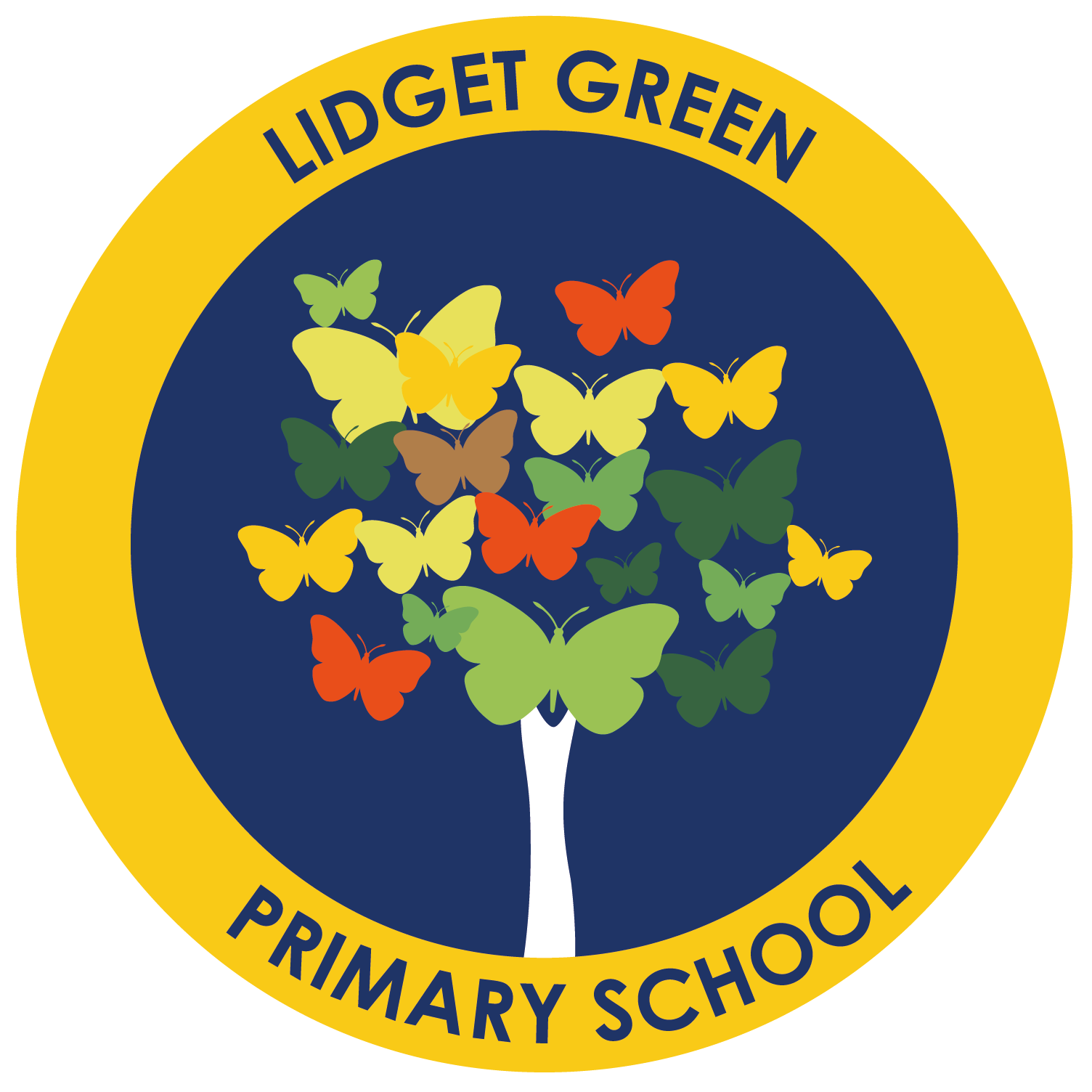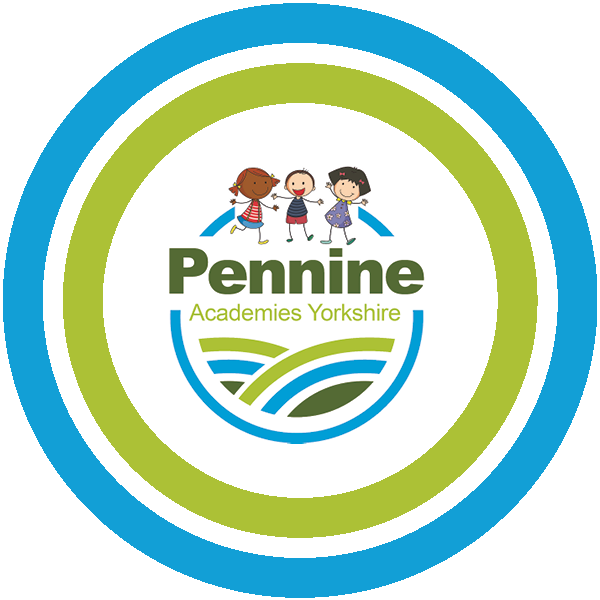Our Early Years
Intent
At Lidget Green Our school our vision is ‘Learning together in our inclusive family’ and our three school values are ‘Inclusion, Nurture and Respect’ . In The EYFS we ensure we welcome children and families into our school family and establish these values that run throughout all we do from the very start.
We carefully plan our EYFS Curriculum to achieve the following aims:
-
Promote the school values of Nurture, Inclusion and Respect.
-
Nurture a love of learning and curiosity in our children.
-
Ensure all children have access to high quality learning opportunities and experiences.
-
Develop speech, language and communication skills.
-
Provide parents/carers with the opportunity to develop their child’s learning at home.
-
Provide experiences of awe and wonder- making learning irresistible and unmissable and giving our children the experiences they need to develop.
-
Develop knowledge and understanding of the community and wider world and raise aspirations, providing Cultural Capital.
-
Promote a love of reading for both learning and pleasure.
-
Develop the literacy and numeracy skills that children need as well as the foundations for their future learning across the curriculum.
Implementation
At Lidget Green, we aim to teach children the skills and knowledge in order that they reach the seventeen Early Learning Goals described in the Early Years Foundation Stage. This is done through the use of a range of teaching methods. This includes whole class teaching, group teaching, child-initiated learning, investigations and problem solving together, and independently. Many activities are play-based; however, there is also a need for direct teacher-led activities to ensure children gain essential knowledge and skills from their teacher. At Lidget Green we achieve a good balance of learning experiences. All activities are modeled, and children are given sufficient time, support and resources to repeat and practice them. Our learning environment is designed to inspire children’s natural curiosity across all areas of the curriculum.
Each topic is broad so that, whilst we have carefully planned the knowledge and skills we want children to acquire throughout the year, we can adapt the themes to suit the interests and needs of our children, focusing more on different aspects or texts depending on the children in the cohort. With each new topic, we like our learning environment to provide exciting learning opportunities, inspiring children’s imagination and ideas with carefully selected activities and enhancement, texts and invitations to play. At the same time, we ensure continuity of the base resources so that children can develop and build on the skills they are acquiring throughout the year rather than having to begin again with a different set of resources. Books are used as hooks for all our topics, as we want children to appreciate the value of books and communication and language opportunities are at the heart of all learning. We use the ‘Common Play Behaviors’ to consider how to develop and extend children’s play in continuous provision.
Impact
At Lidget Green, we measure the impact of our EYFS curriculum by how successfully it supports our children to develop holistically and how effectively it equips each child with the knowledge, skills, values and attitudes they will need in both the next step in their educational journey and in their lives more widely going forward.
We strive for our pupils in Nursery to become ‘Reception Ready’ and for our Reception pupils to be ‘Key Stage 1 Ready’ by the end of the academic year. The impact of our curriculum can be seen in how well our children transition from Nursery to Reception and from Reception to Key Stage 1 thanks to the learning and dispositions we have nurtured in each child during their time with us.
We want our children to make good progress across each aspect of their development, from academic, to social, emotional and creative aspects.
When our children leave EYFS they will:
-
Have developed good oral and verbal communication skills; The ability to listen effectively for periods of time and the vocabulary and confidence to speak in a variety of situations, good understanding of language.
-
Behave appropriately in school, treating others with respect, kindness and including everyone and embodying our school values of Inclusion, Nurture and Respect.
-
Try their best in all their endeavours.
-
Be resilient and able to preserve when there are set backs.
-
Have confidence in their own abilities and have developed a sense of self-awareness.

